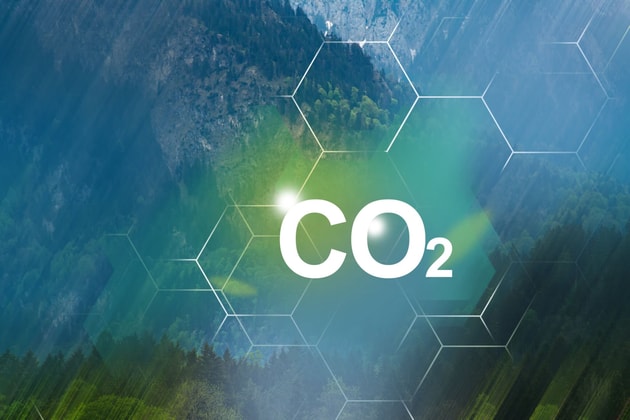Work on what is believed to be Europe’s first carbon dioxide (CO2) transportation and storage project is well underway, with operations set to start in 2026.
Situated in the Netherlands, project Porthos will capture CO2 emissions in the Port of Rotterdam, before transportation and storage in empty gas fields under the North Sea.
CO2 View understands that 30km of pipeline will go into the ground and, in the North Sea, another pipeline of 20km will be constructed off the coast. It is thought that this will support the transportation of 2.5 million tonnes per annum of CO2, although the pipeline is capable of transporting ten million tonnes per annum.
Porthos customers Shell, ExxoonMobil, Air Liquide and Air Products will supply CO2 to an open-access pipeline running through the Rotterdam port area. The CO2 will be transported via an offshore pipeline to an existing platform in the North Sea, around 20km off the road. The CO2 will then be pumped into depleted gas fields.
In a recent update, Porthos said that realisation of the Porthos pipeline on land is in full swing. The developers also said the construction of the compressor station and cooling water pump station will begin later this month (September 2024).
Minister of Climate Policy and Green Growth for the Netherlands, Sophie Hermans, believes carbon capture and storage (CCS) as crucial for meeting climate targets.
“By building the first large-scale transport and storage system for CO2 in the Netherlands, Porthos is taking a big step. This will allow the industry to reduce emissions and keep a competitive industry here in the Netherlands,” she added.
In 2019, Porthos signed joint development agreements with Air Liquide, Air Products, ExxonMobil, and Shell. In the deal, Porthos committed to continue with permit procedures and the technical preparation of the project. The companies committed to start with the permit procedures and the design of the capture installations.[1]
Later, in 2020, a second deal was signed between the parties. Under the agreement, Porthos and the four companies agreed to continue working together towards the realisation of definite transport and storage contracts.
Porthos has been recognise by the European Union as a project of common interest and has been awarded €102m ($112.9m) from the connecting Europe facility,
By 2030, the Netherlands wants to reduce its greenhouse gas emissions by at least 55% compared to 1990. By 2050, the country wants to be climate neutral.
The country’s Climate Plan, the National Energy and Climate Plan (NECP) and National Climate Agreement contain the policy and measures to achieve the climate goals.
Separately, the Port of Rotterdam has also set a goal to reduce its emissions by 55% by 2030 and become climate neutral by 2050. Project Porthos will be a major contributor to the court achieving this goal.
Boudewijn Siemons, CEO of the Port of Rotterdam, said, “It is the state of a CO2 infrastructure in the port that will enable future CO2 storage projects to reduce CO2 emissions and projects to use CO2 as a feedstock.”
“As a European port, we are facilitating the development of CO2 infrastructure and connection with neighbouring countries to enable the reduction of CO2 emissions from European industry.”



